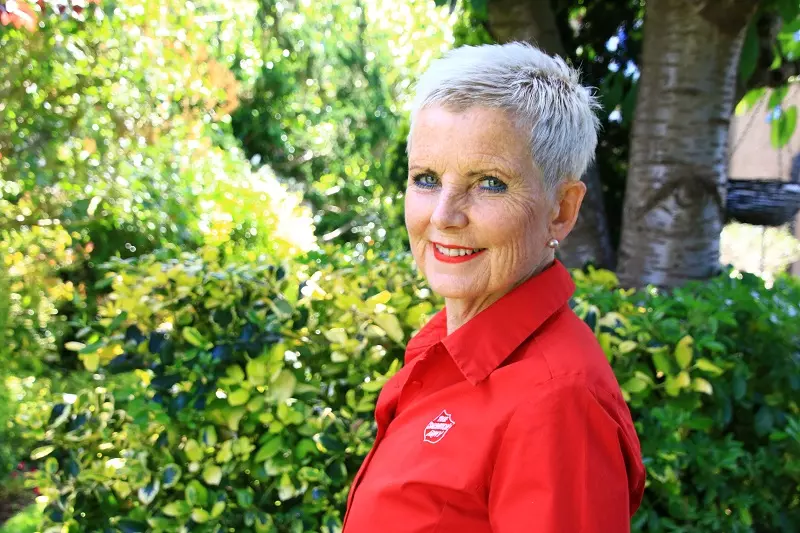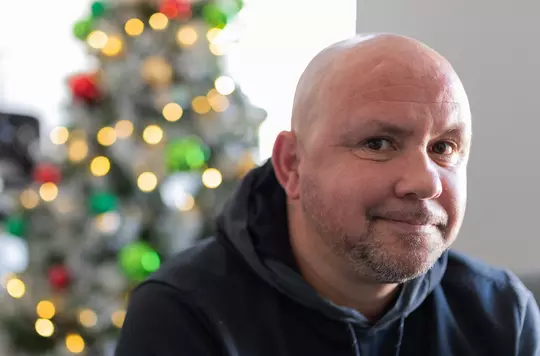Support for modern slavery survivors must be protected
published on 19 Dec 2022
Major Kathy Betteridge, Director of Anti Trafficking and Modern Slavery for The Salvation Army said:
“Survivors of modern slavery are victims of crime who have been tricked, trapped and traded for other people’s profits. Modern slavery and immigration should not be conflated nor addressed by the same strategies or we risk making it harder for genuine victims to come forward to be supported. We are concerned these new measures will make it harder for people to prove they are entitled to support and protection from their abusers.
“Particular areas of concern include:
Providing evidence
The new measures expect people to provide objective evidence that they have been exploited but we know from our work with modern slavery survivors how carefully their abusers cover their tracks. The criminal networks profiting from the exploitation of vulnerable people are clandestine and are careful to leave no trace that a survivor could simply hand in to the authorities.
Inconsistent approach to different groups of survivors
“Exploitation by violent criminal gangs crosses all borders, cultures and languages and potential modern slavery victims should be treated the same, regardless of their nationality. In practice this means that anyone referred as a potential victim of modern slavery must be subject to the same processes to assess their entitlements and needs. These new measures risk this basic principle.
Maintaining survivor support for as long as they need it
“The Salvation Army and our partners support people whose lives have been devastated and who need time and access to specialist support to help them begin to rebuild their lives. However a reduction in the minimum recovery and reflection period during which survivors can receive this vital support was recently introduced.
"We agree it is important to speed up decision-making around modern slavery cases but we seek reassurances that vital support processes remain in place and protected from any future legislative or policy changes. For example, people must continue to have to access to processes like the Recovery Needs Assessment which enables them to continue to receive support, such as counselling or a safe place to live, beyond the minimum recovery and reflection period, and for as long as they have needs relating to their experience of modern slavery.
“We hear every day from survivors who wait for lengthy periods to receive decisions about their modern slavery cases, living in limbo with devastating effects on their wellbeing and ability to recover. We would therefore welcome measures, made with the survivor at the heart, which could cut the average waiting time so people can properly start their journey of recovery.
“Overall, any changes to legislation or policy governing how survivors are identified and supported must be based on evidence, reflect the voice of survivors and prioritise their needs.”

